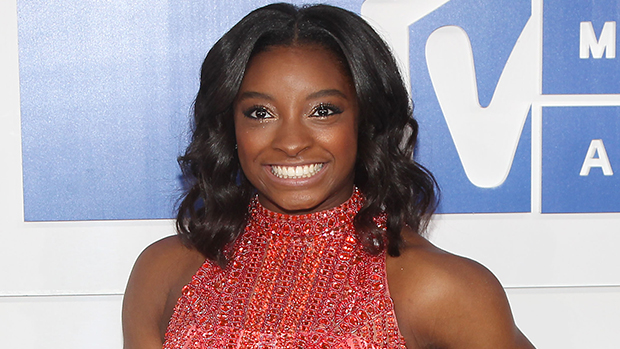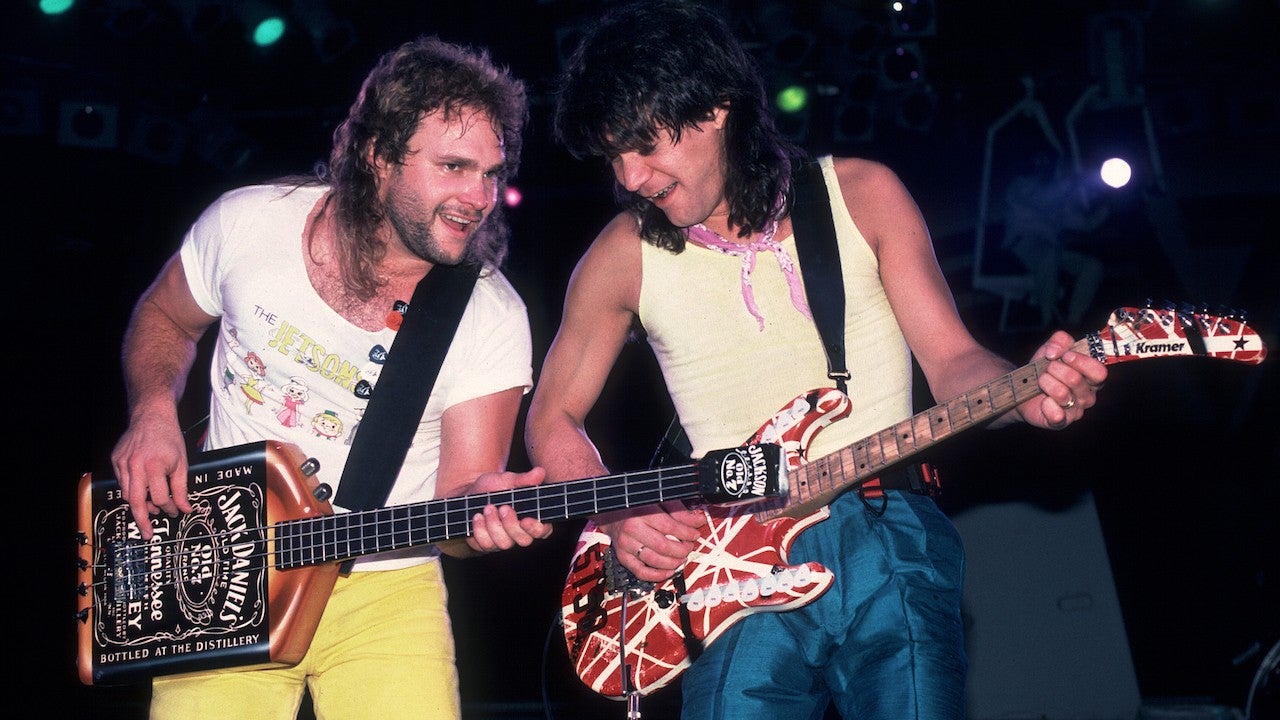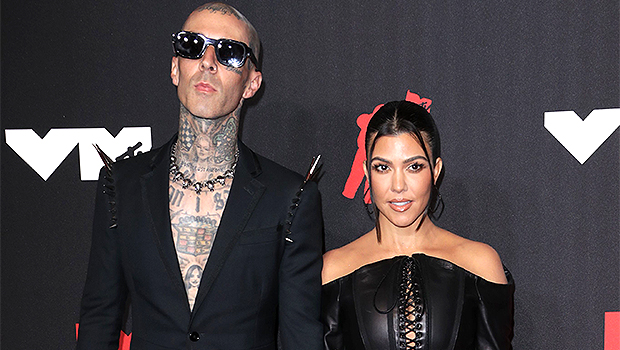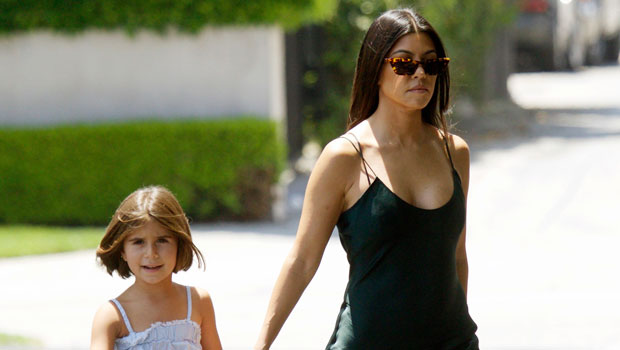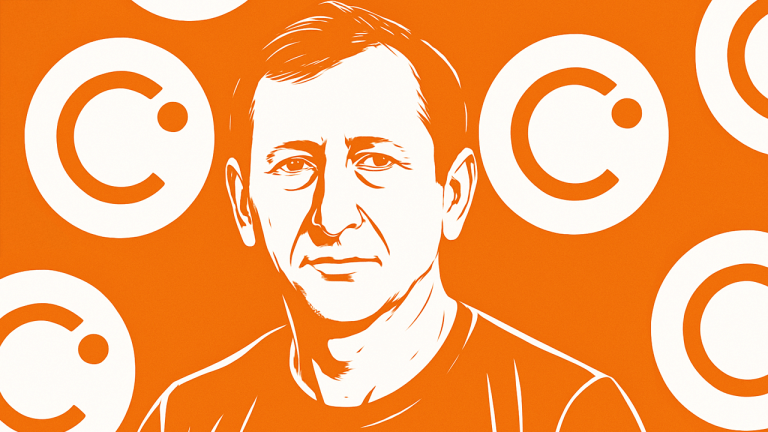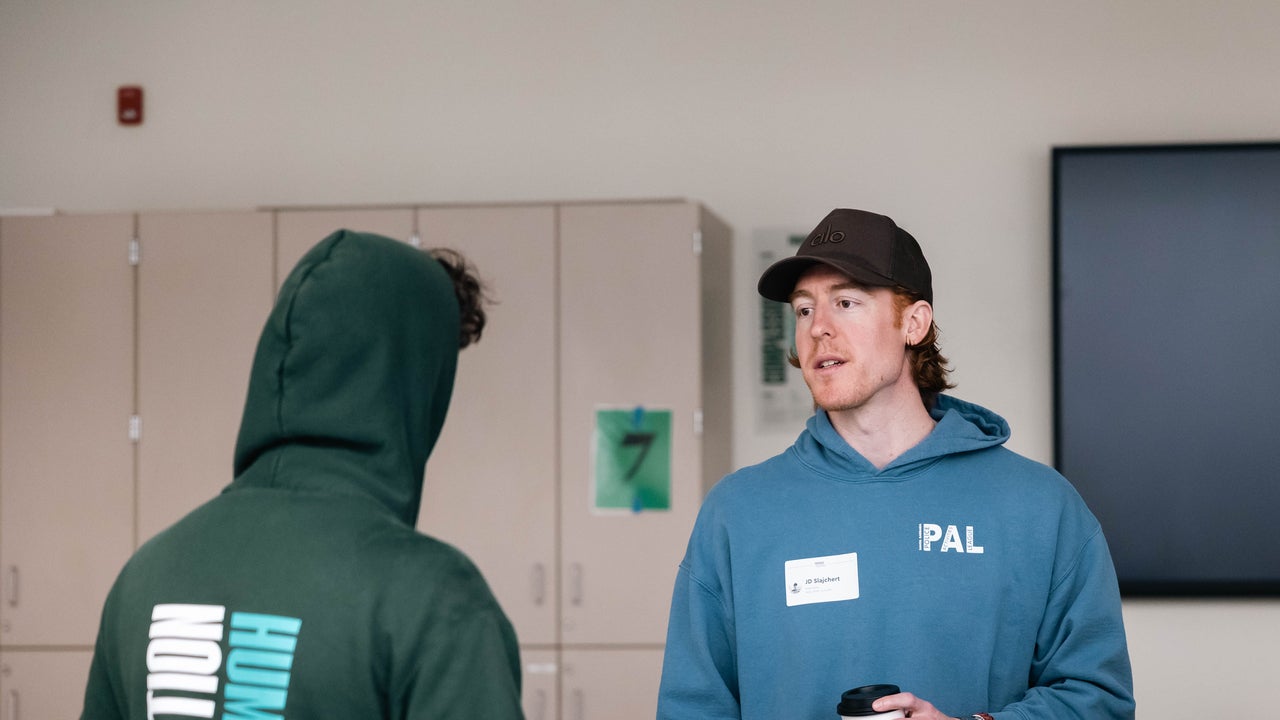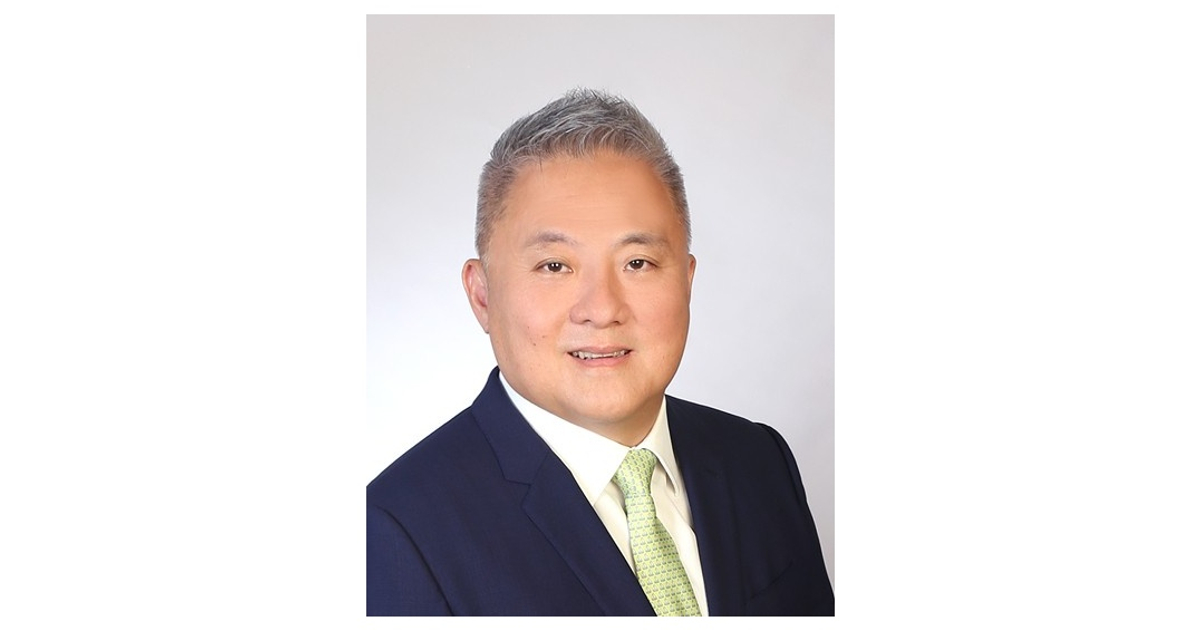DOC NYC 2022 Women Directors: Meet Tal Inbar – “Closed Circuit”
Tal Inbar is an independent filmmaker based in Tel-Aviv, Israel. During her studies, Inbar directed “The Home Front,” a short documentary about the Sarona terror attack, for which she won first place for student documentary at the Indian Cine...
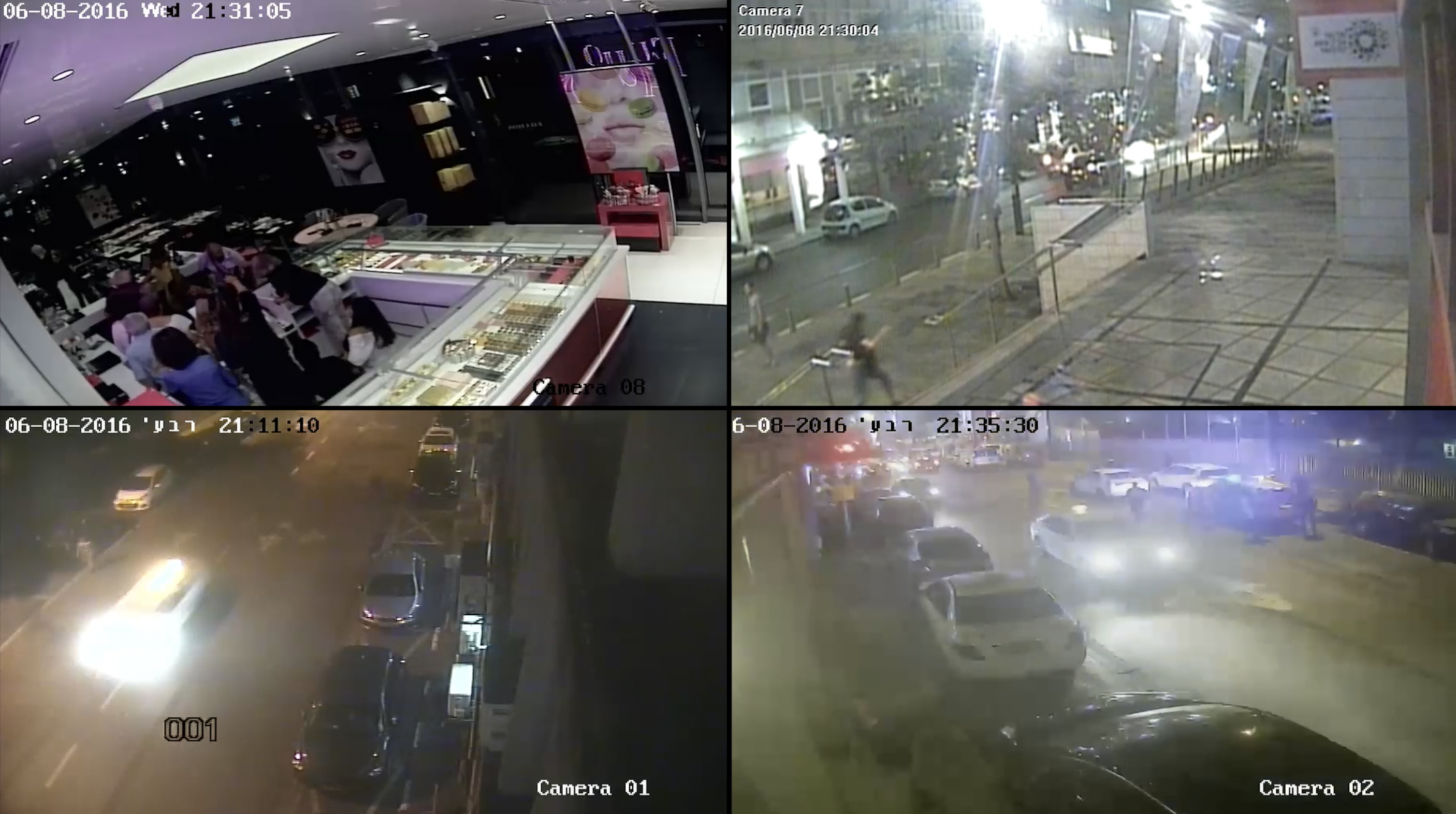
Tal Inbar is an independent filmmaker based in Tel-Aviv, Israel. During her studies, Inbar directed “The Home Front,” a short documentary about the Sarona terror attack, for which she won first place for student documentary at the Indian Cine Film Festival, among other awards. Inbar was also a guest speaker at a number of universities as part of the MGSDII art residency in San Diego.
“Closed Circuit” is screening at the 2022 DOC NYC film festival, which is running from November 9-27.
W&H: Describe the film for us in your own words.
TI: Two men in suits sit at a popular café in the heart of Tel Aviv. Moments later, they open fire on the shocked diners around them. One customer fights back. Others run to safety. No one escapes unharmed, whether from actual bullets or the traumatic memories of that night.
“Closed Circuit” deconstructs the infamous 2016 attack at the Sarona Market, when an ordinary Wednesday turned into an uncontrollable hell. Through security camera footage and interviews with eyewitnesses who survived the attack, the film reveals the complex reality we live in.
W&H: What drew you to this story?
TI: One day in 2017, a year after the attack happened, I visited the Sarona Market for the first time in my life, intending to buy a book. When I entered the place, I was having a strong feeling of deja vu. It was my first time at Sarona Market, and even though I used to live a few hundred meters away, I never went. I immediately remembered watching bits and pieces from the shooting that happened there a year earlier, through social media. I raised my gaze to notice the many security cameras surrounding me. As I realized how powerful the images captured by these cameras are, I decided to go after the footage myself.
I thought, “There must be a story behind this footage that is yet to be discovered.” With lots of luck, I got the full police file and all the security footage from the tragic event. I discovered there are many stories, not just one, that have to be told and heard. A Muslim family out to break the Ramadan fast, a young girl who manages to escape only to later find out she has lost her father, a cop who unknowingly saves one of the fleeing terrorists – they and many others will be forever changed by this violent encounter with reality.
Throughout the making of this film, I met so many inspiring people and I’m so excited you are now able to meet them yourself.
W&H: What do you want people to think about after they watch the film?
TI: I’d love to create more awareness about trauma and its endless effect on our lives: awareness of other people, who have their own trauma, and awareness of their surroundings, so they can have more understanding therefore more compassion towards themselves and others around them. I think it’s relevant outside of Israel and outside the Middle East as well.
Unfortunately, due to mass shootings and other traumatic events happening worldwide, I believe almost anyone, anywhere, can relate to “Closed Circuit.”
W&H: What was the biggest challenge in making the film?
TI: The biggest challenge I faced in making this film was being patient, which I’m sure is true for anyone working on a big project, but patience might even be more necessary for documentary filmmaking. People need time to build trust for you, to collaborate with you, and tell you their incredible stories.
Also I needed the time to listen and understand myself. The story, the materials. What I want to share eventually with the audience. Another big challenge was making my way as a first-time, young woman director. The dynamics in this field are not always simple, even behind the scenes. Luckily, I had by my side a strong, smart, and creative editor, Sharon Yaish, who supported me with all her experience along this process. Sharon is an experienced and well-known editor who understood the difficulties of the industry and stood by my side.
W&H: How did you get your film funded? Share some insights into how you got the film made.
TI: I contacted whomever I could, without shame, and honestly explained why this story had to be told, and had to be told now.
I considered submissions and presentations as important as the making of the film itself. I started by researching who is relevant and might have resources for us. Even if it’s “just” great advice, re-writing, editing, and rehashing. I asked people whose work I admire to listen and review my ideas.
And patience, of course. There are many nos along the way. Don’t let them break you.
W&H: What inspired you to become a filmmaker?
TI: I have loved going to the cinema and theater since I was a kid. I love to tell stories myself, seeing the engagement and the change a good story can create.
In the beginning, I tried to be an actor. While I was failing to get accepted to acting school, I decided to write my own story and went to film school. I enjoyed the process of creating a story with different means and possibilities and surprisingly, I also got accepted to Sam Spiegel Film and Television School. It was almost a mistake. But since I started, I was hooked.
W&H: What’s the best and worst advice you’ve received?
TI: “Trust me, don’t worry” — this can be both the best and worst advice, depending on who says it.
W&H: What advice do you have for other women directors?
TI: Work with more women. They are as good as the guys and can understand you in so many layers. It is so crucial. In the filmmaking process, you need to be understood and to understand as much as possible. Help your crew help you. And built it strong, both sensitive and feminine. I am honored and lucky to have many key crew members who are brilliant ladies and amazing friends for life: Sharon, the magic-making editor; Nehara Malkin, talented photographer and my close friend since film school; Nancy Spielberg, the one and only, who, as my producer, gave me the air and perspective I couldn’t do a film without. Hedva, Ariel, Keren, and more.
W&H: Name your favorite woman-directed film and why.
TI: “Honeyland,” directed by Tamara Kotevska with Ljubomir Stefanov. It’s a smart and beautiful piece of art. The film reveals a world, our world, and its complexity and delicate balances that are at risk. All presented through beautiful sights and unique characters we immediately fall in love with. Poetic, intelligent, humble, “Honeyland” is a portrait of life and love alongside the chaos and conflict we have within ourselves and between our surroundings.
W&H: What, if any, responsibilities do you think storytellers have to confront the tumult in the world, from the pandemic to the loss of abortion rights and systemic violence?
TI: Reflecting and shedding light on those conflicts, corruptions, and misunderstandings. This must be done to create awareness, engage people, and change each situation for what we believe is best. This is true for climate change, women’s rights, and any other difficulties humanity is confronting.
W&H: The film industry has a long history of underrepresenting people of color on screen and behind the scenes and reinforcing – and creating – negative stereotypes. What actions do you think need to be taken to make Hollywood and/or the doc world more inclusive?
TI: I think while the people in the film industry are getting more educated and more aware of these issues, it’s naturally changing. It’s changing gradually as I write these lines. Exposing the industry to more engaging stories will make the difference. Maybe honoring more stories that are well-told and contribute to these values could give it a kick.
I believe it is important that our efforts are organic and sincere. Forced, unauthentic moves can cause lack of interest, boredom, and even antagonism towards these important topics.

 Hollif
Hollif 







